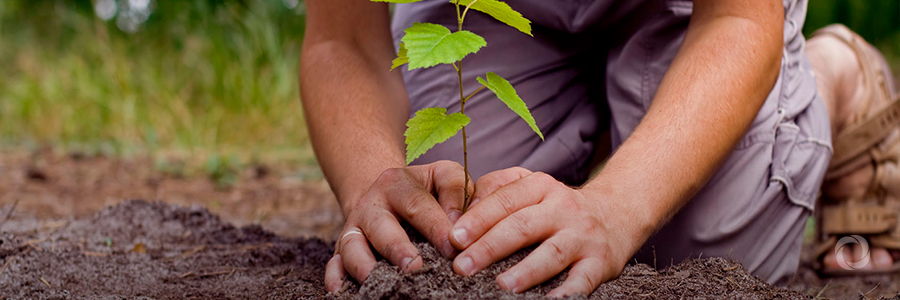When two people started cleaning up a beach in Mumbai in 2016, they could never have imagined how their tiny spontaneous action would snowball. Not all environmental interventions are done by governments or large organizations. There’s a role for small, motivated groups to make a difference too.
In Kenya, some 140 km southeast of Nairobi, a small group of volunteers is beginning to change mindsets and take action to restore a semi-arid landscape within a primary school compound.
Last year the group – officially registered as the Mission Concern Association – did a survey of the area to look for schools with sufficient available land for tree-planting. Their idea was to beautify a school compound while at the same time provide hands-on education to pupils, their parents, and teachers.
Ndemiu primary school near Malili town in Makueni County fitted the bill. It has 108 pupils, a nearby water source, sufficient land (at least 1.6 hectares, or four acres) for tree-planting, as well as the support of parents, teachers and the local community.
“Education is vital if we are to create a young generation of eco-warriors to tackle the huge environmental challenges the world is facing,” says Sam Barratt, a UN Environment education expert.
A generation ago, the area had plenty of trees and wildlife, and the aim of the project is to try to restore the landscape and spread the tree-planting habit to other local schools: once the 1,000 seedlings are transplanted, the school will become a source of tree seedlings for other schools.
“You have to start somewhere, and with tree-planting, there’s no short-cut. You have to think long-term,” says Jack Muriungi, team leader of the small band of volunteers.
“Small restoration initiatives like this one have been growing worldwide in recent years. Our task as the United Nations is to help them connect with each other, learn from each other and help governments to encourage more local action. We need to replicate these examples many times, and grow them to a landscape scale, to have a significant impact on climate change,” says UN Environment Forest and Landscapes Expert Tim Christophersen.
Every year, Africa loses an estimated 2.8 million hectares of forest, with deforestation and land degradation seriously affecting its environment and people.
Original source: UN Environment
Published on 20 August 2018

